Opinion: Revolver Is The Beatles At Their Best
Revolver’s wildly different sound and advanced recording techniques are just a few aspects that prove this 1966 blockbuster is the fab four at their most revealing.
October 17, 2022
The Beatles have announced a new, super-deluxe reissue of their landmark 7th studio album Revolver, which comes out October 28th. This exciting new release will feature the 14 original album tracks as well as 31 previously unreleased songs, including renditions of Tomorrow Never Knows, Eleanor Rigby, and Here, There, and Everywhere, which will be available in brand-new Dolby Atmos, mono, and stereo mixes and as part of a super-deluxe 4LP and 5CD set.
Revolver’s wildly different sound and advanced recording techniques are just a few aspects that prove this 1966 blockbuster is the fab four at their most revealing.
By the mid-sixties, the Beatles were in somewhat of a brief slump. They were beginning to feel the strain of Beatlemania. They had released the distinct and mellow Rubber Soul in 1965, which almost serves as Revolver’s experimental precedent.
The lads themselves were changing – John Lennon began experimenting with LSD, Paul McCartney became interested in the avant-garde music scene, George Harrison took up the Sitar and befriended Ravi Shankar, and Ringo Starr installed a pub in his basement. They had ditched their bowl-cuts and matching-suits for something, dare I say, “trippier” and more experimental.
Revolver was the album that truly allowed the Beatles to spread their creative wings and use the studio to its fullest potential. They stopped touring in 1966, giving them more time to slow down and perfect their craft.
From Lennon’s hazy vocals and guitar work on I’m Only Sleeping and She Said She Said, Harrison’s tripped-up sitar on Love You To, and McCartney’s undeniably profound lyrics and instrumentalism on Eleanor Rigby, all of these compositions led the Beatles into a new creative direction.
And of course, who could forget Yellow Submarine, the world’s favorite sea-shanty sung by the world’s most famous drummer, Ringo Starr? That’s right, no one. In fact, It’s still a hit amongst children almost 60 years later.
But the album’s most noteworthy moment (and perhaps the Beatles at their most ambitious) is Tomorrow Never Knows — a Sitar-based intro featuring a kaleidoscopic drum pattern, backwards tape-loops, and Lennon’s alien-esque vocals spitting words that only the ones recording it could understand. Tomorrow Never Knows is the final track on Revolver and is the cliffhanger until the Beatles’ 1967 groundbreaking magnum-opus, Sergeant Pepper’s Lonely Hearts Club Band.
With a little help from their friends (those being LSD and mastermind producer George Martin), they had created something so mind-blowingly complex to the point where you thought, “Wait, are these the same guys who were singing about twisting and shouting three years ago?”
Revolver marked the start of a new era for the Beatles. The beloved moptops had grown up, and from 1967-1970, they would go on to create work so ahead of their time that it continues to inspire generations from the very first listen.

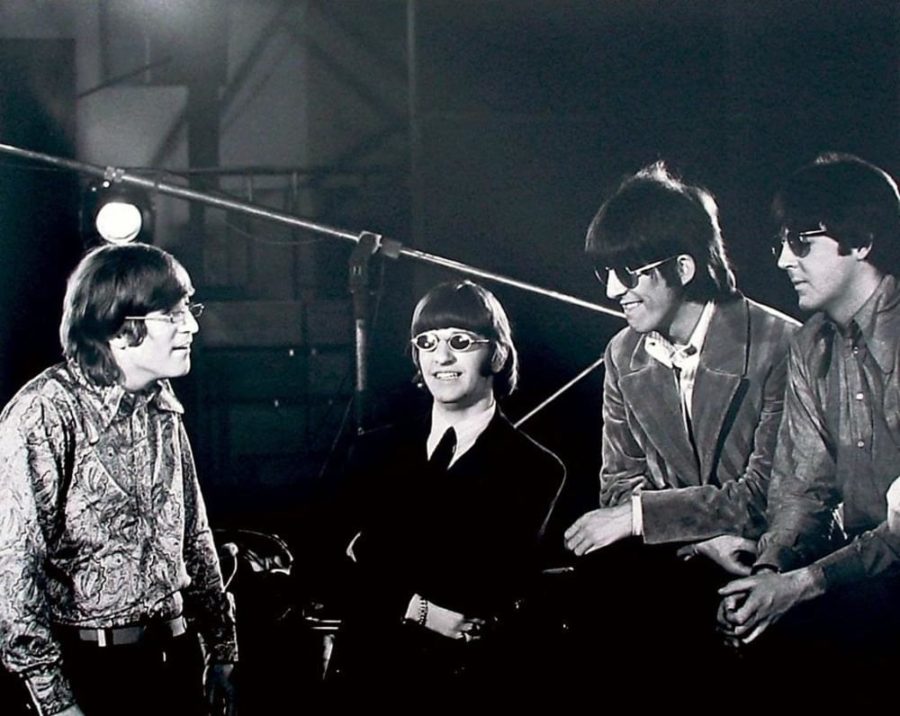

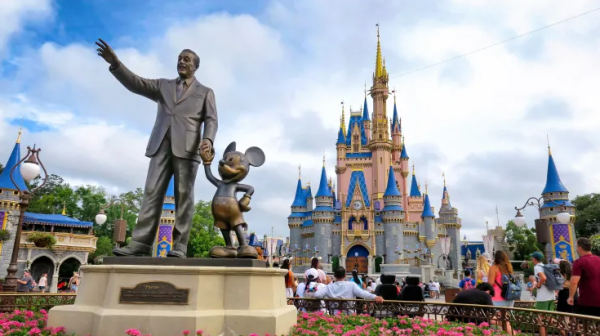
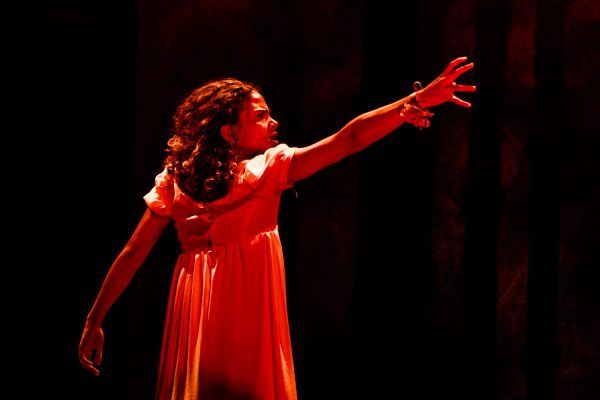
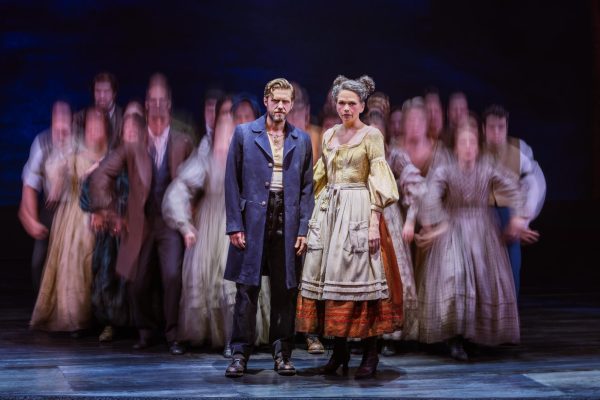
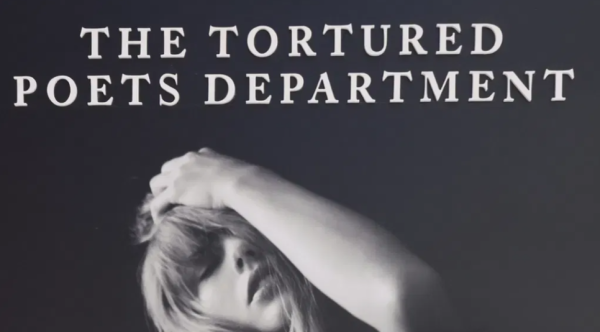
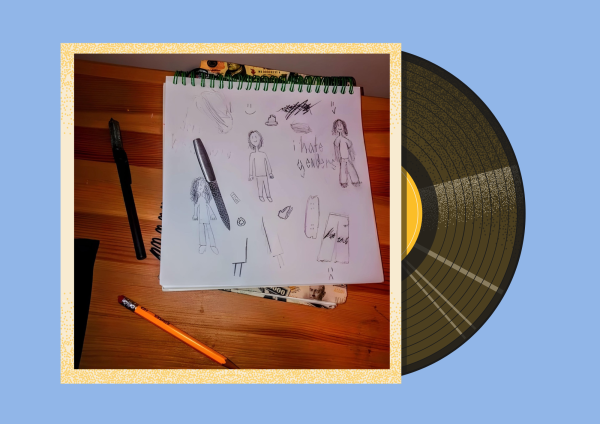
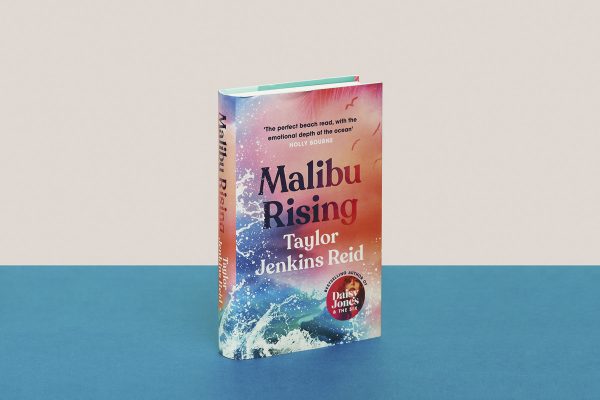
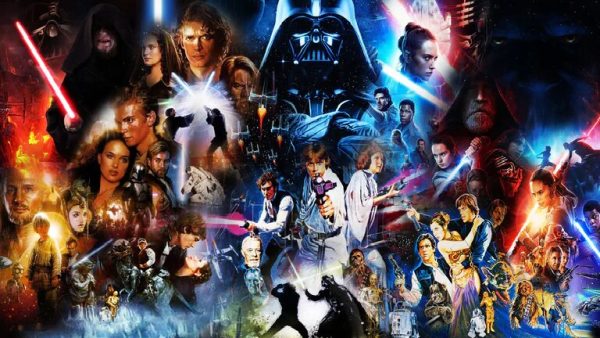
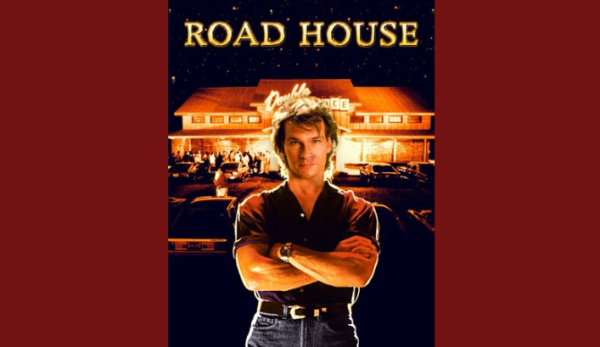
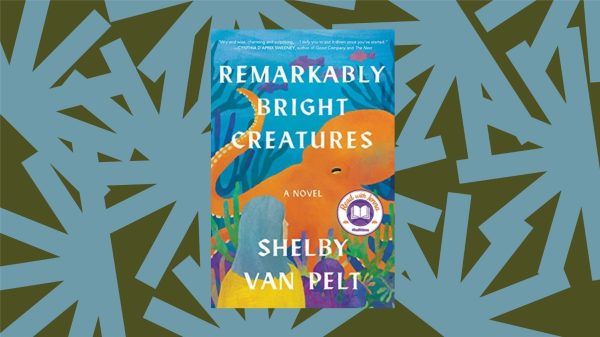
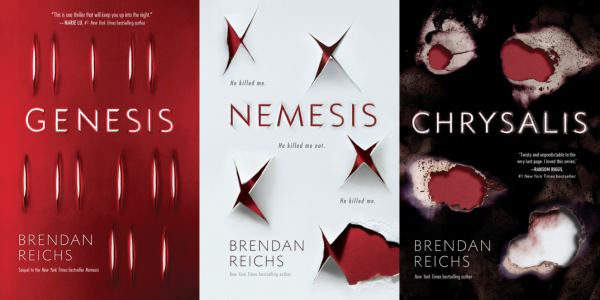
disGRACEful_2007 • Oct 17, 2022 at 8:11 pm
totally agree!